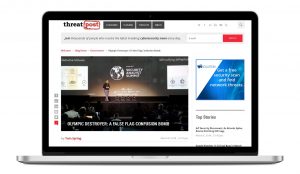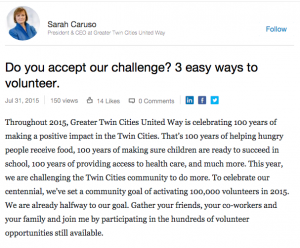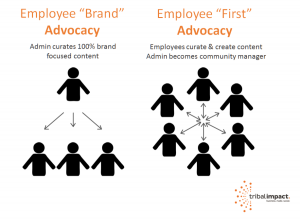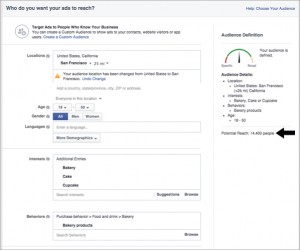Since the Covid-19 pandemic, there have been more employees working from home than ever before. In many counties, working from home was mandatory for a year or more. This has given many businesses the opportunity to assess the pros and cons of allowing employees to work remotely.
From a business perspective, contrary to expectations, employee productivity actually increased by 13% when working from home in a recent experiment. It also allows businesses to recruit employees from a wider area than before and retain valuable employees who may need benefit from the flexibility.
However, there are a number of drawbacks, too. During the hiring process, all decisions have to be made based on a video call. This does not provide all the data the business owner might glean from meeting the potential employee face to face.
It is also not a given that all employees can, or even wish to, work from home. Some employees, particularly those that live alone, enjoy being around other people. They thrive on the atmosphere of this office. Without this, their productivity and mental health may both suffer. Therefore, it is critical that a work from home model is appropriate to the personality of the employee.
To ensure you build the right team for working from home, here are four essential tips:
?1 Identify The Key Qualities Of Your Ideal Team Member
It’s vital to consider more than qualifications and professional skills when building a template for an ideal team member. For example, if you have a corporate mission statement and values, you should look for employees who are aligned with this vision, who will live it every day at work.
At Postoplan, we consider two key traits: responsibility and learnability. We value employees who have an entrepreneurial mindset, are proactive, and are able to work with minimal supervision or support.
Numerous studies have made it clear that diversity matters: greater diversity in management teams leads to a boost in innovation. Diversity within the company leads to a broader range of perspectives and will help teams ensure they have considered all perspectives and options.
In essence, when properly managed, the key personality traits in your team help you grow and work together for the long term.
?2 Ask Unusual Questions
Don’t fall into the trap of asking the same questions every company does. Most of the answers are already in the interviewee’s resume, and candidates usually have prepared the rest in advance by researching on Google. The answers will be what they think you want to hear, not the truth. Try to formulate questions that are less predictable and will help you decide if they have the traits you’re looking for. Some examples include:
“Explain how you plan your work, or How do you prioritize conflicting tasks?” – there are no right answers to these questions, but it gives a good indication of how a person prioritizes their tasks according to their own beliefs or principles.
There are a considerable number of different approaches and methods of time management. If a person can explain which system they use and what they feel the benefits are, this is a positive sign. Being able to explain their approach in detail means they have a plan for each day to ensure tasks are completed rather than making it up as they go along.
Another great question is, “What qualities do you value in people?” The qualities a person lists usually show what the applicant has themselves, or in some cases, would like to attain. Look for words like responsibility, ownership, punctuality, discipline, and diligence. For remote workers, these are key qualities.
“What is the ideal work model for you, and what kind of opportunities are you currently considering?” If this job will include remote working, you’d expect the interview to mention this or say something similar like they are looking for a job where they can work on their own to complete projects without interruption.
It’s important to be sure the person knows that this role will not be based in the office. It also signals they have read the job description fully and not just skimmed it. It’s also a good idea to discuss the applicant’s past experience working remotely. Ask them how long they worked remotely, how much of the week they did it for, what benefits and challenges they discovered.
?3 Use Personal Assessment Tools
Some candidates are great communicators, but what about introverts? This is a particular problem in the IT industry. To level the playing field a little after the first call, it’s useful to include assessment tools. In Postoplan, we mainly use two test models:
- The DISC model helps to understand what style of behavior a person has (D)ominance, (i)nfluence, (S)teadiness and (C)onscientiousness), their communication skills, emotional intelligence and what role they can play in a team
- The PAEI model by Adizes Institute – allows us to evaluate candidates for leadership positions (Producer, Administrator, Entrepreneur, Integrator) and create an effective team
These are other tools we recommend:
- The Big Five – this is a popular assessment that provides five personality traits: openness to experience, conscientiousness, extraversion, agreeableness, and neuroticism. Each is measured on a continuous scale.
- Personality Test of Myers & Briggs’ 16 Types – the most widely used test in the world that gives you an opportunity to analyze not only a person’s career but all areas of the applicant’s life
?3 Offer More Than Just A Job
Remember that interviews are a two-way process. The applicant will be assessing your company and if they want to be a part of it while you’re deciding their suitability. Talk about all the benefits, perks and why you love working there.
Important elements include complimentary company shares, getting their birthday off, offering to cover the cost of insurance, extra bonuses and an opportunity to rotate within the company if a role isn’t a good fit for an employee. This is what we offer at Postoplan. It’s also good to inform applicants whether you use employee monitoring systems and if a company is willing to pay for extra courses and professional events for an employee. The ability to develop and grow their career is an important benefit.
Finding a good fit for a remote team can be a little more complicated than hiring for an office-based position. You need to be sure you pick a person who will be responsible and thrives in this setting, rather than potentially abusing the lack of supervision.
You must be prepared to invest extra time and diligence in the hiring process, as well as implementing assessment tools and analyzing the results thoroughly. If you do, you will find great team members and reap the long-term benefits to your business.
Business & Finance Articles on Business 2 Community
(18)







